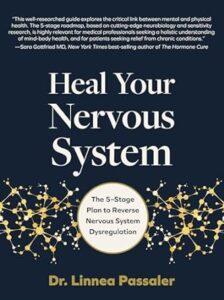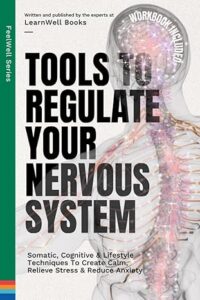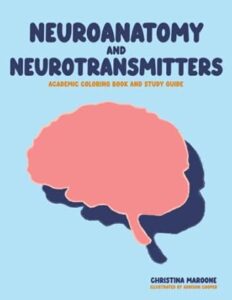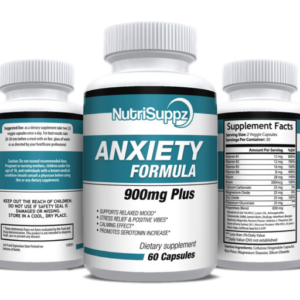28 Aug Understanding the Nervous System and Its Role in Anxiety
Understanding the Nervous System and Its Role in Anxiety
Anxiety is a common experience that can be both overwhelming and disruptive. To truly understand anxiety and how to manage it effectively, it’s crucial to explore the complex role of the nervous system. This blog post delves into how the nervous system functions and how its intricacies are linked to anxiety, offering insights into how you might address and alleviate symptoms.
The Nervous System: An Overview
The nervous system is an intricate network of cells that communicates signals throughout the body, enabling everything from basic reflexes to complex thoughts. It is broadly divided into two main components: the central nervous system (CNS) and the peripheral nervous system (PNS). The CNS includes the brain and spinal cord, while the PNS comprises all the nerves that branch out from the CNS.
The Role of the Autonomic Nervous System
Within the nervous system, the autonomic nervous system (ANS) plays a critical role in regulating involuntary physiological functions such as heart rate, digestion, and respiratory rate. The ANS is further divided into the sympathetic and parasympathetic nervous systems.
Sympathetic Nervous System: The Fight-or-Flight Response
The sympathetic nervous system is responsible for the body’s “fight-or-flight” response. When faced with a perceived threat, this system triggers a cascade of physiological changes designed to prepare the body for immediate action. These changes include increased heart rate, elevated blood pressure, and heightened alertness. While this response is adaptive in short bursts, chronic activation can contribute to anxiety.
Parasympathetic Nervous System: Rest and Digest
In contrast, the parasympathetic nervous system is responsible for the “rest-and-digest” state. It helps the body calm down and return to a state of equilibrium after the initial stress response. When this system is functioning optimally, it counteracts the effects of the sympathetic nervous system, promoting relaxation and recovery.
Anxiety and the Nervous System Connection
Anxiety often involves an overactive sympathetic nervous system and a less responsive parasympathetic nervous system. This imbalance can lead to persistent feelings of fear, worry, or apprehension. Understanding how this imbalance manifests can provide insight into why anxiety feels so overwhelming and how it might be managed more effectively.
Neurotransmitters and Hormones
Neurotransmitters, the chemical messengers in the brain, play a crucial role in regulating mood and anxiety. For instance, imbalances in neurotransmitters such as serotonin, norepinephrine, and gamma-aminobutyric acid (GABA) have been linked to heightened anxiety levels. Additionally, hormones like cortisol, which is released in response to stress, can also impact anxiety. Elevated cortisol levels can exacerbate feelings of anxiety and make it harder for the body to return to a calm state.
Managing Anxiety Through Nervous System Regulation
Addressing anxiety involves not only understanding its roots but also taking proactive steps to restore balance within the nervous system. Here are several strategies that can help:
Lifestyle Adjustments
Incorporating regular physical exercise, maintaining a balanced diet, and ensuring adequate sleep are foundational for nervous system health. These lifestyle factors can help regulate neurotransmitter levels and support overall nervous system function.
Mindfulness and Relaxation Techniques
Practices such as meditation, deep breathing exercises, and progressive muscle relaxation can stimulate the parasympathetic nervous system and counteract the effects of chronic stress. Engaging in these techniques regularly can help shift the balance away from the overactive sympathetic nervous system and promote a state of calm.
Professional Support
For persistent or severe anxiety, seeking support from a mental health professional can be beneficial. Therapies such as cognitive-behavioral therapy (CBT) or medication may be recommended to address underlying issues and help manage symptoms more effectively.
Conclusion
Understanding the connection between the nervous system and anxiety provides valuable insights into why anxiety occurs and how it can be managed. By addressing the underlying imbalances within the nervous system and adopting strategies to support overall health and well-being, it is possible to reduce anxiety and improve quality of life. At NutriSuppz, we are committed to helping you find the right resources and solutions to support your journey toward better mental health.






No Comments